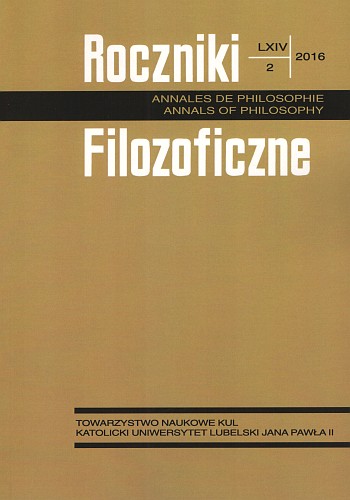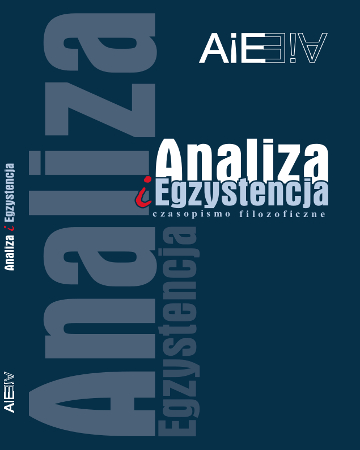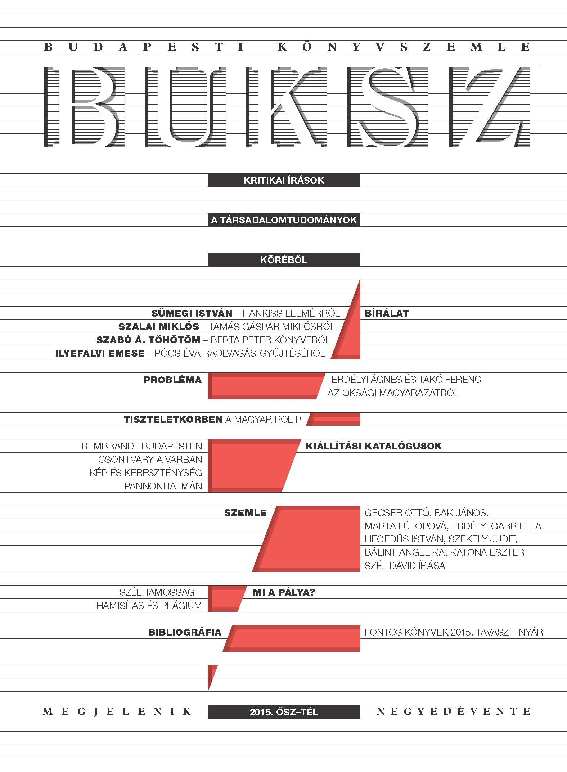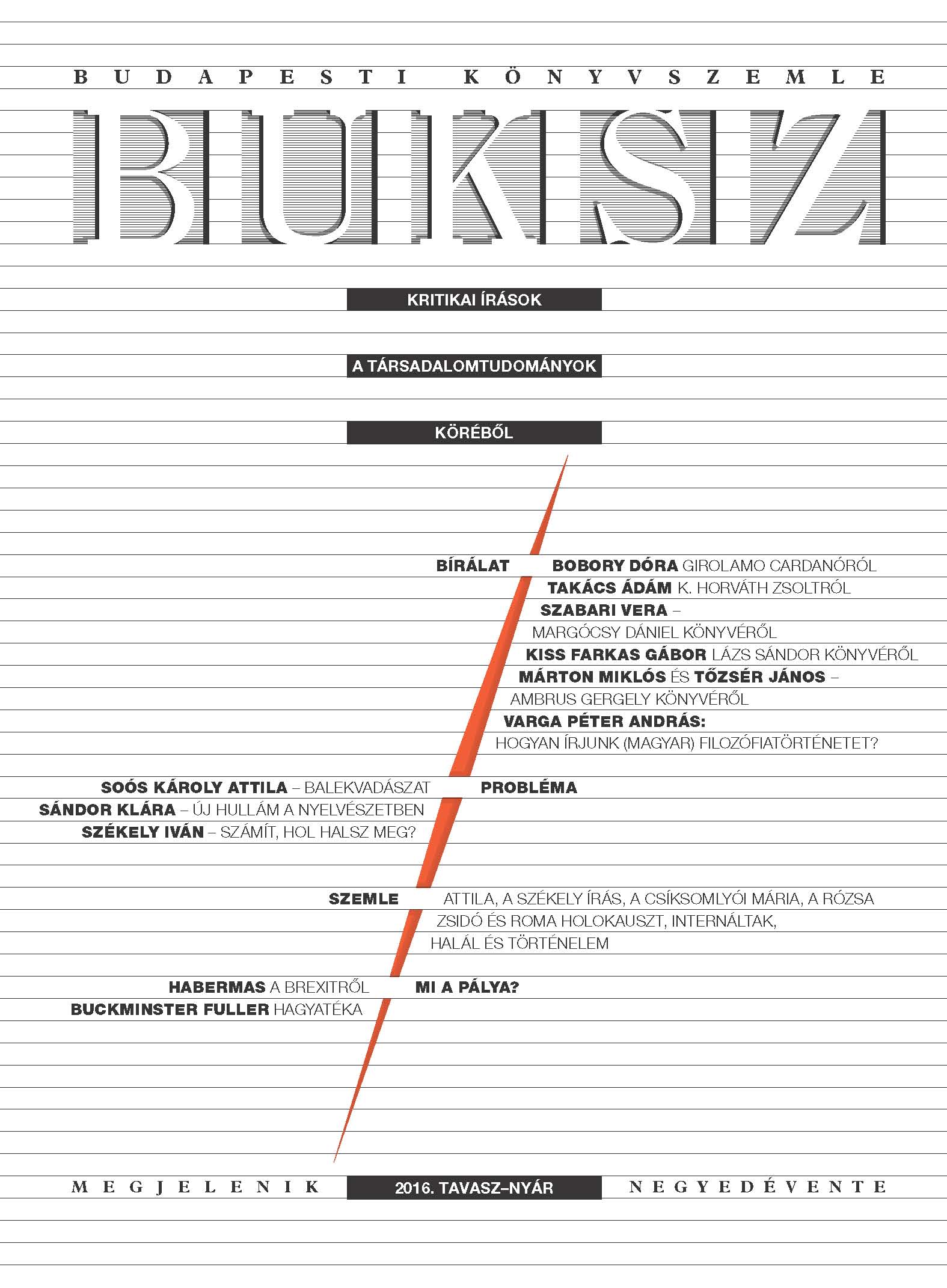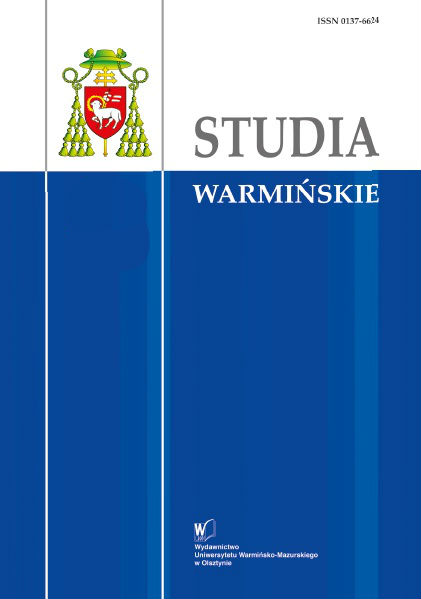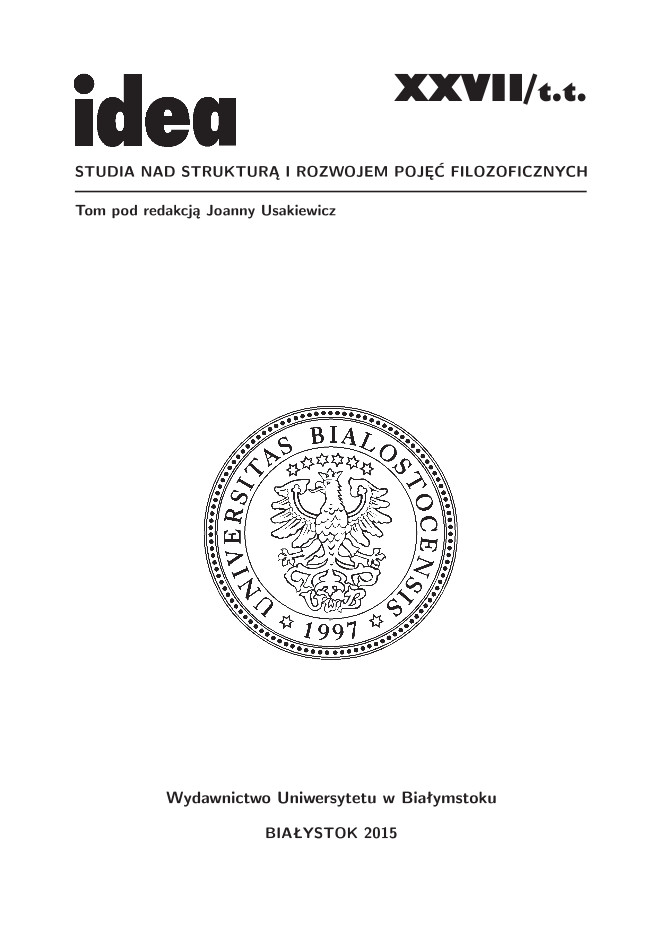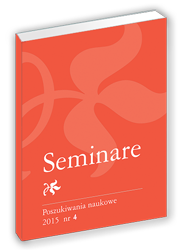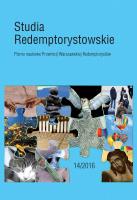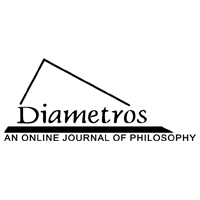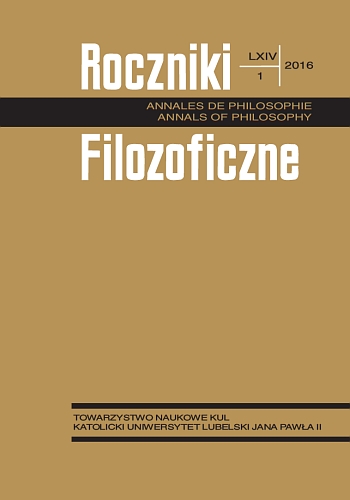
Nietzsche o wolności jednostki, czyli o niespełnionych i spełnionych marzeniach
The subject of the article is an analysis of the idea of human liberty. Nietzsche denies the idea of freedom of will. Although he believes that it is possible to become free, that freedom is a realizable ideal. Human beings are able to improve. Nietzsche is creating the concept of superman as a more excellent kind of being. Nietzsche’s elitism was devoted towards the self-creation of an individuality of great strength. People demand freedom only when they have no power.Freedom means that the manly instincts dominate over other instincts. The free man is a warrior. Freedom is the will to be responsible to ourselves. In real life it is only a question of strong and weak wills.
More...
